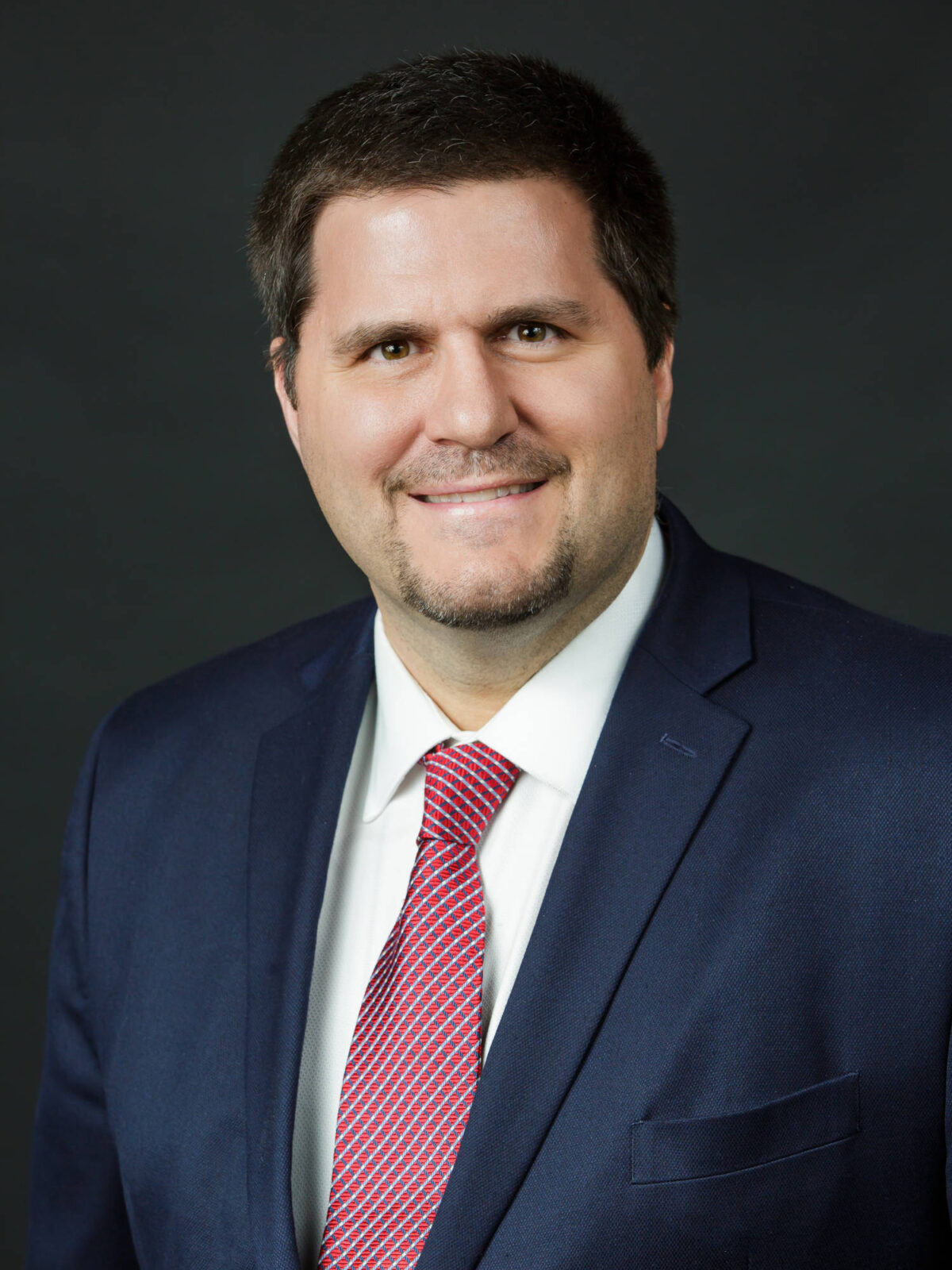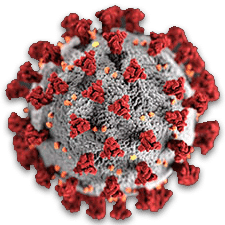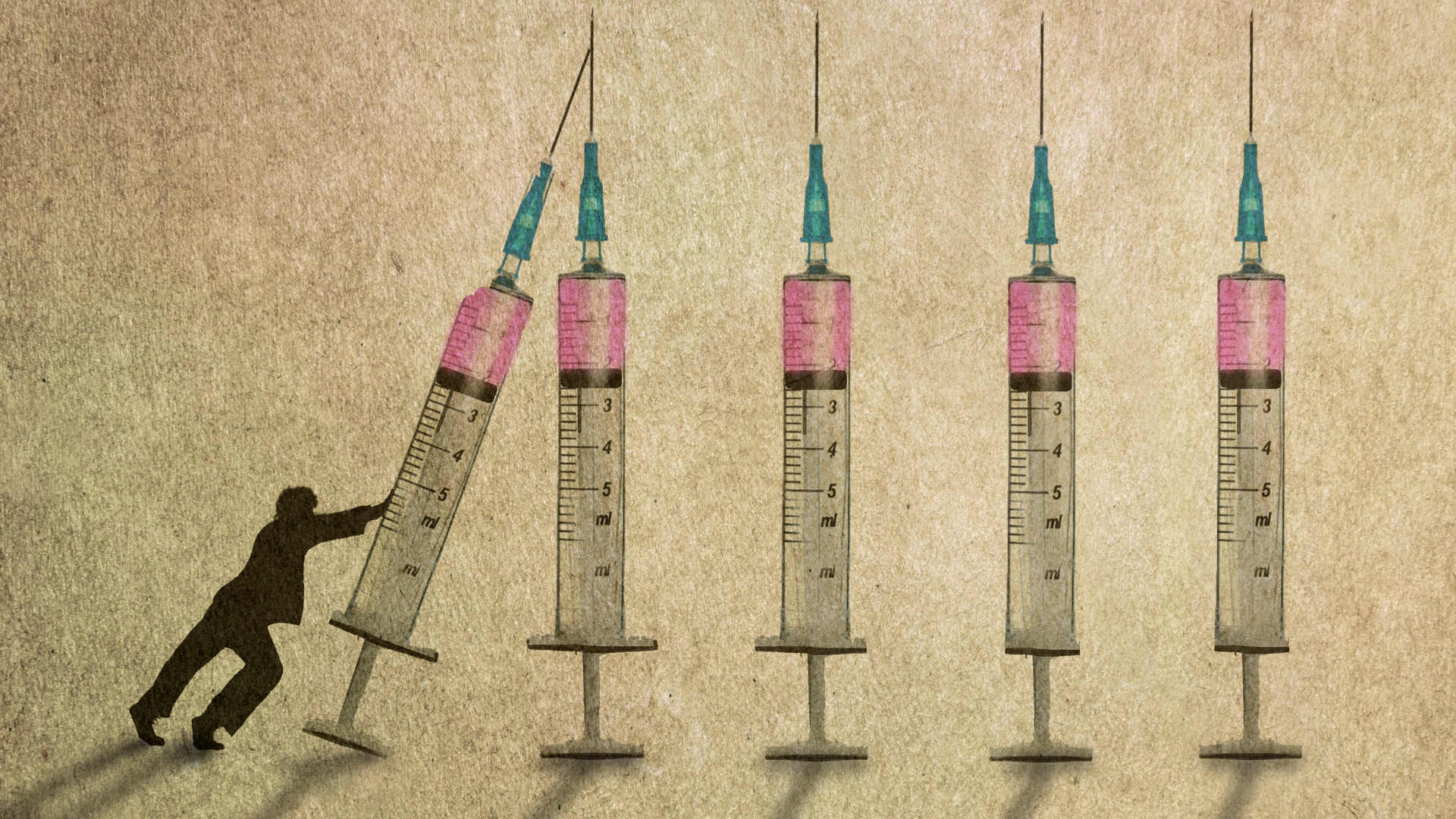Interview: How to Discuss Vaccines Amid the Partisan Divide
What’s the best way to discuss vaccines with a politically polarized public? Jeffrey Morris has been considering this question since the Covid-19 pandemic, when he created a dedicated blog and ramped up his use of X (formerly Twitter) in an effort to pass along trustworthy information about the new virus. He eventually came to focus on Covid-19 vaccines, in part because so many false claims were circulating about them online.
As a biostatistician, Morris was well-positioned to explain statistical concepts and techniques employed in vaccine studies. But good communication requires more than data, he said. Social media and artificial-intelligence algorithms have helped create opposing echo chambers, in which individuals aligned with one group may view members of another group with distrust or even hostility. Particularly under these conditions, Morris says, effective dialogue requires respect, transparency, a willingness to acknowledge uncertainty, and an awareness of how politics and partisanship can shape a person’s beliefs.

Biostatistician Jeffrey Morris has focused on Covid-19 and mRNA vaccines in his efforts to communicate trustworthy information to the public.
Visual: Courtesy of Jeffrey Morris
Morris’ views seem particularly timely given the contentious atmosphere surrounding Robert F. Kennedy Jr.’s nomination to become the next head of the Department of Health and Human Services. “My primary concern is that the HHS director, whoever it is, follows the principles of evidence-based science,” Morris said. “To me that means using all of the best available evidence from the existing studies and data to guide practice and recommendations.”
Morris recently published a commentary in the American Journal of Epidemiology that summarizes the evidence about the effectiveness of Covid-19 mRNA vaccines over time and that discusses some of the fallacies that have proliferated online. He is currently the director of the Division of Biostatistics at the University of Pennsylvania’s Perelman School of Medicine.
Our interview was conducted over Zoom and has been edited for length and clarity.
Undark: You’re a biostatistician, which is not a job one usually associates with politics. Yet you’ve suggested it’s important for people who work in public health to be thoughtful about politics and political polarization when communicating about vaccines. Can you elaborate?
Jeffrey Morris: People’s political views have a major impact on what information is presented to them and how they frame that information. Because of this, when it comes to scientific communication of public health messages, politics must be taken into account. There’s a few principles that I think we need to keep in mind.
First, we should all self-scout and be mindful of our own political beliefs and views that could bias how we view and interpret the emerging data, and for scientists to be disciplined to try to remove that bias and to see the data as objectively as possible.
Second, I think scientists, especially those involved in scientific communication, should be very careful not to overtly identify themselves with one political side or the other. In my opinion, it would be best if those individuals keep their political views private, but it’s critical to at least avoid blatant partisan comments, and especially to not attack individuals they perceive to be on the other political side. Especially in matters of public health, it’s crucial to effectively engage the entire society, as we can’t afford to alienate half the population by being perceived as partisan.
Third, I think we need to understand and account for the political diversity of our society in our scientific communication and our public health messaging. During the pandemic, I frequently witnessed people being silenced for asking legitimate questions about matters such as varying Covid risks across different groups, the potential collateral effects of mitigation policies, the immunity from previous infections, and vaccine safety — often because their inquiries were linked to specific political or policy perspectives.
I think we would be in a stronger position regarding public trust if policy makers, the media, and the scientific community had done a better job of listening to those questions, responding objectively with evidence-based answers, openly acknowledging the uncertainties in our knowledge, and the potential limitations of the policies, and most importantly, showing respect for those asking the questions.
The impatient and aggressive responses to these questions only deepened polarization and division, driving people into the arms of those spreading false information, thereby legitimizing and empowering them.
UD: A clear majority of Americans, 69 percent, say that it’s extremely or very important for children to be vaccinated. But this number has fallen by 25 percentage points since 2001. What do you think is driving the decline?
JM: It’s difficult to know for certain, but there’s a number of likely factors that I think are important here. First of all, the past 25 years have been characterized by the emergence and organization of anti-vaccine activism, partially fueled by the later retracted Wakefield paper. [That paper, which claimed to show a link between vaccines and autism, was found to be incorrect and fraudulent. Subsequent studies have found no such link.]
Looking at the report you cited, it’s interesting that 15 of the 25-point decline has occurred just since the beginning of the pandemic. It’s clear that pandemic-associated factors have accelerated this decline. So if we think about the factors: the rapid development, approval, and deployment of Covid vaccines raised significant concerns to many, as did the fact that some of these vaccines utilize cutting-edge technologies that had not previously been publicly disseminated. I think that’s one factor.
But I also believe that the widespread mandates for these vaccines strongly contributed to this backlash. Had they been voluntary, individuals with serious concerns could have simply chosen to decline them. However, the sense of being coerced into taking the vaccines heightened fear and anxiety, fostering an environment that allowed vaccine skepticism to grow. These factors also heightened the visibility and influence of vaccine skeptics, including not only those who raise legitimate questions and concerns, but also those spreading false claims and exaggerating the vaccines’ harms.
I also believe the false claims about Covid vaccines, which continue to circulate and thrive on social media, have contributed to a decline of trust in vaccines. This opposition now seems to have expanded more broadly to include all vaccines.
It’s also worth noting that the survey you cited also highlights an escalating political divide on this issue, further reinforcing the concerns I raised earlier about political influence and selective information.

For all of Undark’s coverage of the global Covid-19 pandemic, please visit our extensive coronavirus archive.
UD: Can you tell me about the work that you’re doing with the Annenberg Public Policy Center?
JM: I’m working with them to help prepare materials to educate the public about the vaccine safety monitoring systems used in the USA, including passive reporting systems like VAERS to identify potential safety signals, as well as active reporting systems looking at medical records and claims data to test and validate them. There’s been a great deal of misunderstanding of these systems and their nuances, much of it related to statistical aspects of how to properly interpret the data from the various systems.
We’re also working to study the effectiveness of these messages using randomized designs within the Annenberg Science and Public Health Knowledge survey, or ASAPH. This study uses a diverse cohort of individuals from across the political spectrum to assess beliefs and understanding and then utilizes randomization to assess the effectiveness of particular scientific communication strategies.
Just trying to rigorously evaluate scientific communication itself — using randomized studies and careful cohort designs — is, to me, very interesting and promising.
UD: I think you had spoken to me once before about how there’s a tendency, sometimes, to simplify messaging around vaccines so that it’s understood by everyone, but that there may be a desire for more sophisticated levels of information.
JM: Yes, actually, I think part of what has contributed to some of the confusion and maybe even loss of trust among the public has been oversimplification of messaging, either by media or by scientific communicators. Sometimes that’s done to try to promote practices and recommendations that they determine to be good for the public health. They want to keep the message simple because they think that has the best chance of being understood. But I think that this can kind of backfire.
Much of the public in the U.S. is quite sophisticated and educated. If they feel like they’re being talked down to, or talked to like children — and especially if nuances that are easily found online are ignored and withheld from the public, the way parents might withhold more difficult-to-explain information from a child — this contributes to the erosion of trust.
In controversial issues, in newly emerging issues, where there’s considerable uncertainty — where there’s real risks, where there’s real concerns — transparency is critical to show the public that nothing is being hidden. Everything is being looked at.
I understand the concern that once you acknowledge a risk, it’s akin to leaving a door cracked, and some people will come and try and kick that door open. For example, if there’s a new vaccine that has a rare but serious risk in some subgroup. This becomes known to scientists and published but some people are hesitant to talk too much about it because some will exaggerate that risk and try and use that to disproportionately criticize the vaccines. But coming back to that main point, I think it’s critical for scientific communication to be done as transparently and as completely as possible.
UD: Prominent public health officials have expressed concern about Robert F. Kennedy Jr.’s nomination for head of Health and Human Services, particularly with regard to his views on vaccines. Do you share these concerns?
JM: I would be concerned if there was any move to discontinue any of the current childhood vaccines, or to discourage parents from vaccinating their children, either directly or indirectly, since this could invite dangerous childhood diseases that have been previously eradicated and controlled to return.
I support any efforts to promote rigorous studies to answer important unanswered questions. But it’s also important that all existing scientific knowledge be taken into account, and in particular, that all the available literature needs to be considered when identifying the research gaps that need to be addressed and prioritized, or any policies and recommendations that they think need to be revisited.
UD: Is there anything else that you’d like to add?
JM: I think if you have people that are both well-intentioned making good faith arguments about what they really believe, and they respect each other, and they’re curious to understand the other perspective, I think it’s possible for any two people to talk about any issue, no matter how controversial.
I think people can even talk about politics and religion in this manner, if they’re disciplined to have respect for the other person, to be curious about what they believe, and to not just try and attack them and tell them they’re wrong, but understand what they believe and learn from them. Then it’s fair enough for you to say, “I agree with this part, but this is the part I disagree with.”
If we talk that way to each other — if we dealt that way with the uncertainty of accruing scientific knowledge — I think we would all discover the truth together, and we would be unified in it. But that process and discourse, especially in modern society, is more and more rare to see.











A good faith discussion would be a breath of fresh air. For me, this is only possible when seminal disputes are addressed. Specifically, after public health officials and the U.S. government acknowledge they coerced people to accept an expired EUA therapy. The orchestrated bait and switch maneuver has poisoned the well of trust in public health. Nothing else matters a bit until that is dealt with.
You ask them what they do and whether homeless people with cardboard signs wouldn’t be better at it. ask 3 times.
Then ask them what neutralizing antibody is/does. Uh huh, so, they lack knowledge and skills. Neutralizing antibody is a blood protein produced by immune b lymphocytes in response to a foreign protein which can be a vaccine. It binds to virus particles and prevents them from working. You take the liquid part of serum of an immune person. dilute it a hudred fold and still a small amount added to viruses before being put onto cells in a dish stop the virus from killing the cells. All steps of this are visible. Not acknowledging visible reality is psychosis